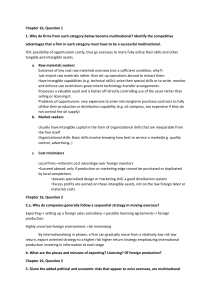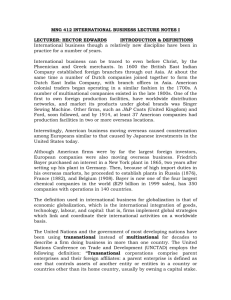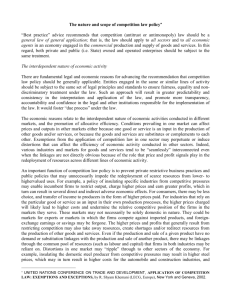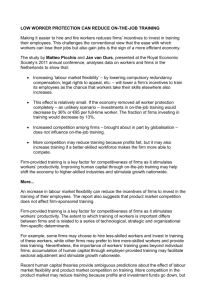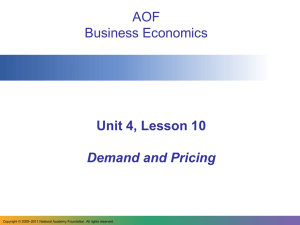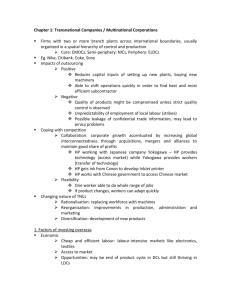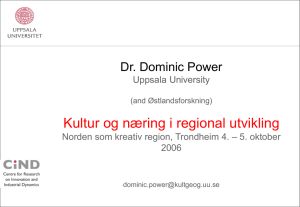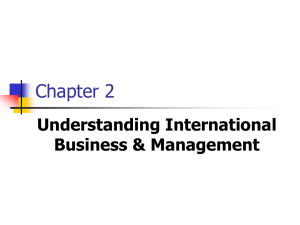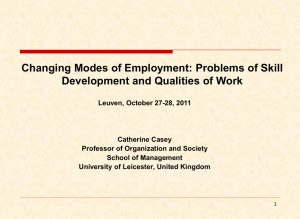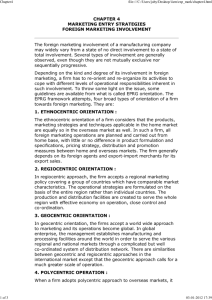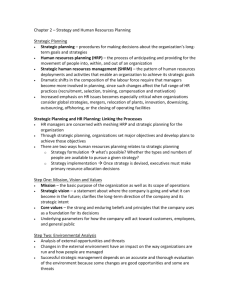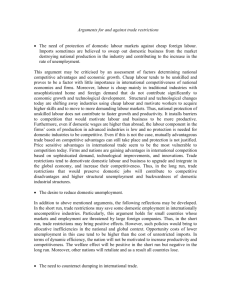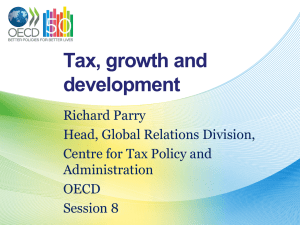Year 10 GCSE Economics - BSAK Weebly
advertisement
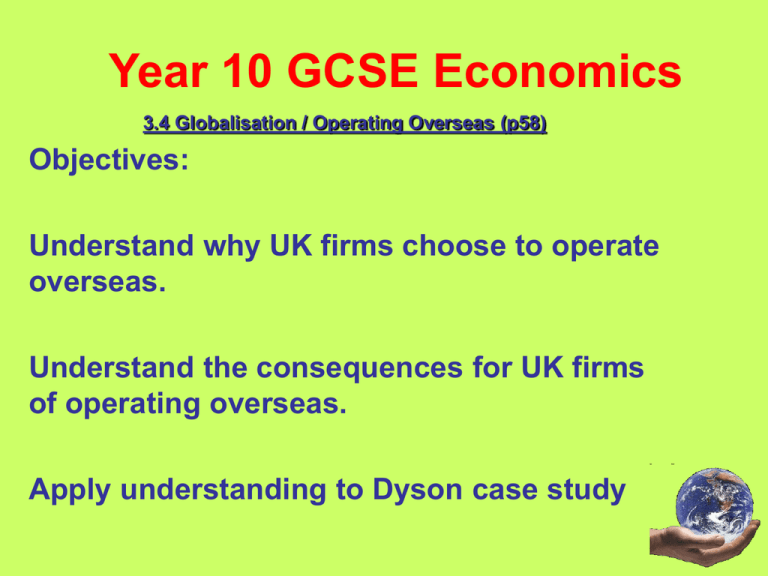
Year 10 GCSE Economics 3.4 Globalisation / Operating Overseas (p58) Objectives: Understand why UK firms choose to operate overseas. Understand the consequences for UK firms of operating overseas. Apply understanding to Dyson case study Key terms • Labour costs: Costs of employing workers (wages, salaries taxes on labour) and also training and recruitment costs. • Foreign Direct Investment (FDI): When a business from one country builds a factory in another. Benefits of globalisation for UK firms operating in overseas markets • • • • Lower operating costs Lower labour costs Increases firms international competitiveness Exchange rates (ER) if ER falls it lowers X prices • Firms are nearer to raw materials reducing costs • Firms are closer to emerging markets which is beneficial for growth. Drawbacks of globalisation for firms operating in overseas markets • UK jobs lost can create structural unemployment • Negative publicity in UK media • Possibly increase distribution costs • Face competition from domestic firms • Exchange rate fluctuations can effect business planning • Overcome language cultural barriers Operating Overseas Opportunity for growth in new markets Consumer back lash domestically Availability of labour Closer to suppliers Possible Cultural barriers Reduces wage inflation Domestic competition Cheaper property costs Possible language barriers Increases competitiveness Increases number of consumers Reduces effects of economic downturn Values 1 10 2 20 3 30 4 40 5 50 6 60 Possibly lower No NMW therefore lower 7 corporation 8 labour costs tax May need to invest in training Less Government regulation Which are the POSITIVES of operating overseas 70 80 9 90 10 100 11 110 Next
